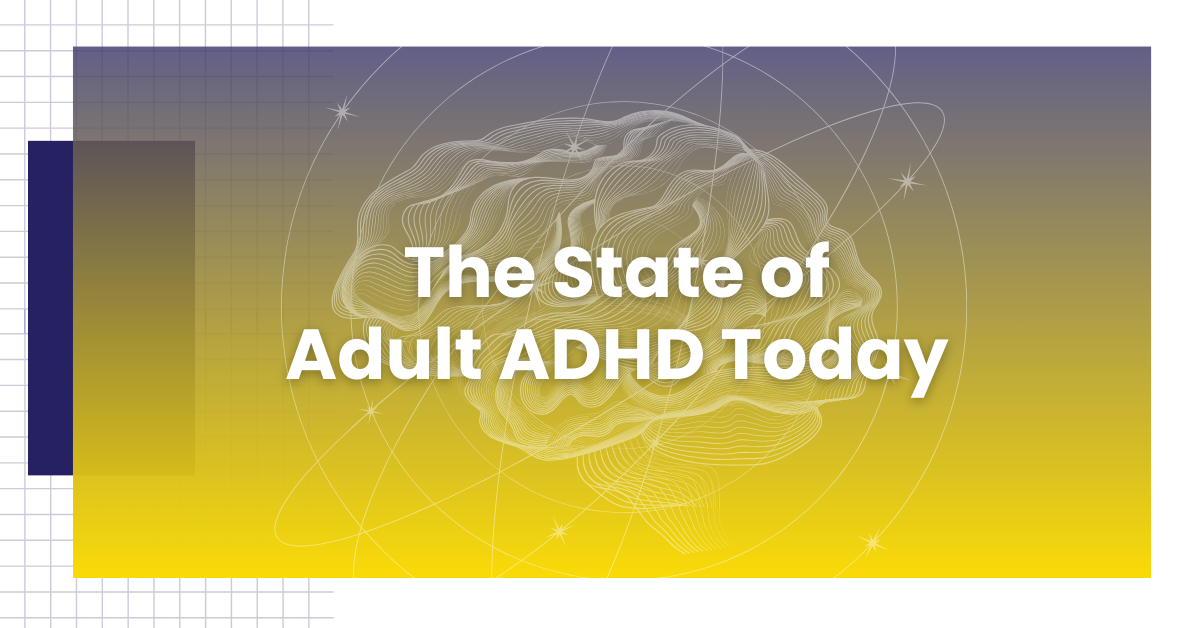*Commentary by Dr. Margaret Weiss: Clinical guidelines inform practice, but this type of empirical research has the potential to assure that clinical practice also informs clinical guidelines and assure their feasibility.Further evidence for the benefit of prescribing health.
The challenges of implementing ADHD clinical guidelines and research best evidence in routine clinical care settings: Delphi survey and mixed-methods study Charlotte L. Hall, John A. Taylor, Karen Newell, Laurence Baldwin, Kapil Sayal, Chris Hollis British Journal of Psychiatry Open Jan 2016, 2 (1) 25-31; DOI: 10.1192/bjpo.bp.115.002386; Open Access
Abstract
Background: The landmark US Multimodal Treatment of ADHD (MTA) study established the benefits of individualised medication titration and optimisation strategies to improve short- to medium-term outcomes in attention-deficit hyperactivity disorder (ADHD). This individualised medication management approach was subsequently incorporated into the National Institute for Health and Care Excellence (NICE) ADHD Clinical Guidelines (NICE CG78). However, little is known about clinicians’ attitudes towards implementing these medication management strategies for ADHD in routine care.
Aims: To examine National Health Service (NHS) healthcare professionals’ consensus on ADHD medication management strategies.
Method: Using the Delphi method, we examined perceptions on the importance and feasibility of implementing 103 ADHD treatment statements from sources including the UK NICE ADHD guidelines and US medication management algorithms.
Results: Certain recommendations for ADHD medication management were judged as important and feasible to implement, including a stepwise titration of stimulant medication. Other recommendations were perceived as important but not feasible to implement in routine practice, such as weekly clinic follow-up with the family during titration and collection of follow-up symptom questionnaires.
Conclusions: Many of the key guideline recommendations for ADHD medication management are viewed by clinicians as important and feasible to implement. However, some recommendations present significant implementation challenges within the context of routine NHS clinical care in England.

